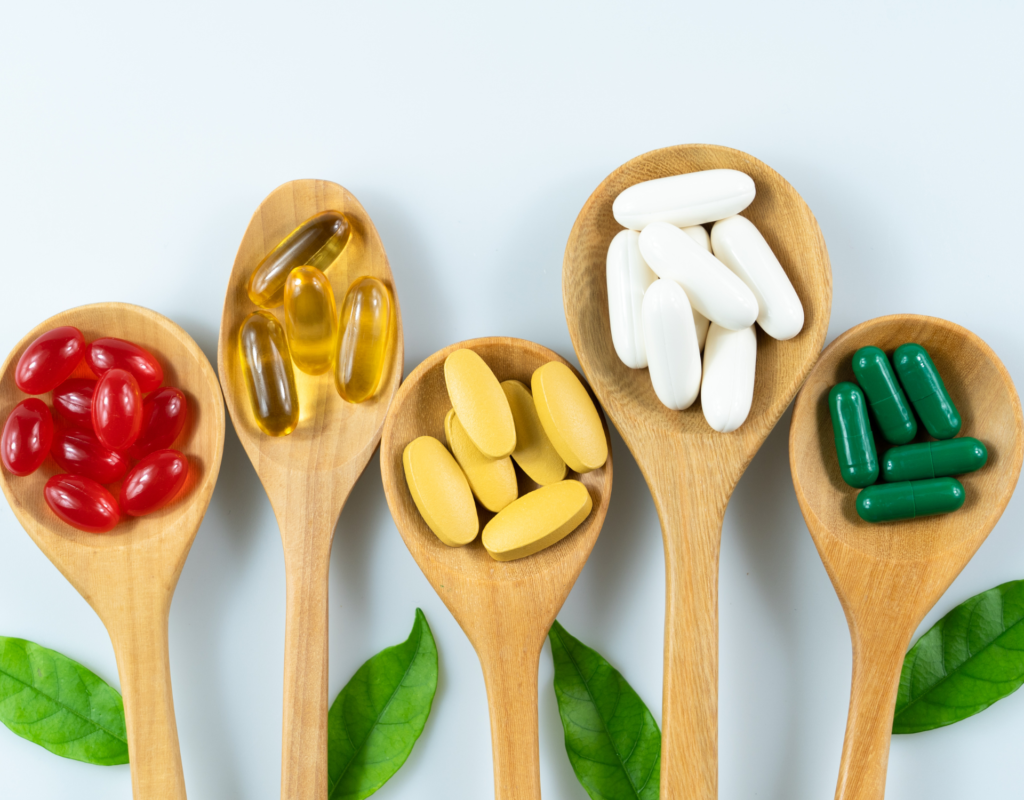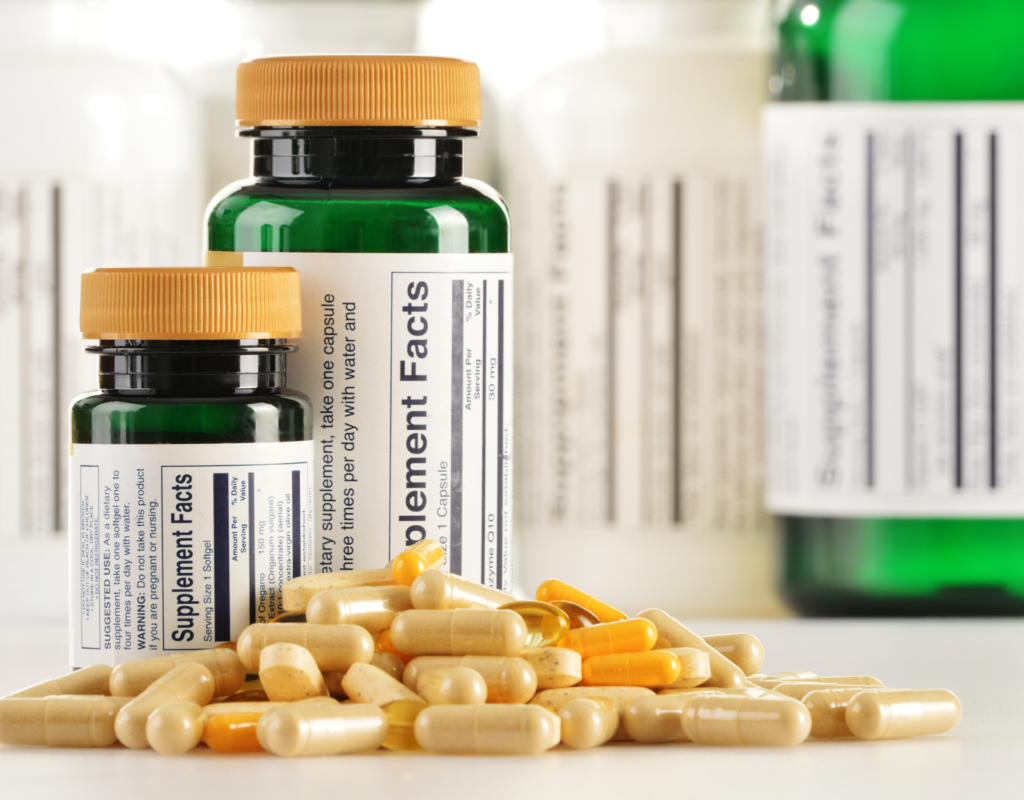Many baby-boomers should be choosing a vitamin for elderly parents
Vitamins allow the body to operate properly. Vitamins make it possible for the body to perform the biological functions that needs to do. How to choose a vitamin that is appropriate for your elder parents?
The human body does not produce vitamins, so vitamins must come from foods or from supplements. If a person does not possess suitable levels of vitamins or minerals in his system, he is at risk of becoming sick or developing an infection, particularly if that person is elderly.
Taking vitamins is a good idea regardless of a person?s age; however, elderly people generally need mature health vitamin supplements — more so than younger people need their vitamins. This is because elderly people tend to eat less because they?ve lost their appetite. Loss of appetite is the result of many factors, including alterations in the digestive system, medications, diabetes, a disability and other medical impediments. Choosing a vitamin for elderly people, particularly a parent or other person you may be giving care to, is a critical health decision.
What are the most important vitamins that an elderly person needs?
At the very start of the process on how to choose a vitamin is to keep in mind that there are two kinds of vitamins: water soluble and fat soluble.
Water soluble vitamins

This type of vitamin quickly passes through the body. They are not stored. This type of vitamin boosts stamina and over-all health. Examples of water soluble vitamins that are good for elderly people include Vitamin B3, which increases the flow of blood, improving circulation. This vitamin also reduces swelling of tissues (edema) both of which are problems that elderly people experience. Vitamin B5 and B6 also reduce swelling. When B6 is coupled with B12, this reduces the likelihood of heart disease.
B12 is one of the most critical B vitamins because it helps maintain good mental function, boosts the immune systems, aids in the formation of healthy nerves and cell formation as well as myelin production. Myelin is a material that is from fats and protein and, which surrounds nerve cells. Myelin insulates nerve fibers and makes it possible for nerves to transmit impulses.
Another vitamin that is beneficial to elderly people is vitamin C because is slows down the progression of osteoarthritis, which is the wear and tear form of arthritis that many elderly people experience. Vitamin C also aids in the formation of bone and cartilage.
Fat-soluble vitamins

The other type of vitamin is the fat-soluble kind. This vitamin stays in the body and is usually housed in the liver. If a person has a medical condition, such as hypothyroidism (sluggish thyroid), cystic fibrosis or tuberculosis, this can cause the individual to become deficient in vitamins thus the need for supplements. However, supplements should be taken under the guidance of a physician because it is possible to take too many vitamins, which results in a build-up of toxins in the body.
Vitamin D is good for the elderly person who no longer gets outside. Vitamin D is present when a person is exposed to the sun. When there is little or no sun exposure, a deficiency in vitamin D can occur. When an elderly person has osteoporosis, a vitamin D deficiency may hasten the progression of this condition. Skin changes as person ages, which also impacts the production of vitamin D. Taking a supplement helps the elderly person maintain strong bones and absorb calcium.
Vitamin K helps blood clot and improves bone health while vitamin A slows the aging process. Vitamin A safeguards the skin against problems such as boils and acne and is beneficial to the eyes, the urinary tract, bones, skin, digestive system and teeth.
Mineral Supplements

In addition to taking vitamin supplements, an elderly person needs mineral supplements. If a person is iron-poor, this causes anemia. Iron supplements improve the immune system and enable the body to carry oxygen throughout its system. A zinc deficiency can be damaging to nerves, skin and the immune system. Calcium is vitally important, especially for women. It safeguards against bone loss. However, a person must have the right amount of vitamin D in his system to ensure proper absorption of vitamin C.
Discuss the importance of taking vitamin and mineral supplements with the elderly person in your life and perhaps under your care. Furthermore, discuss it with his primary-care physician. It is very possible that a daily supplement may make a big difference in the way the senior is feeling and looking.

